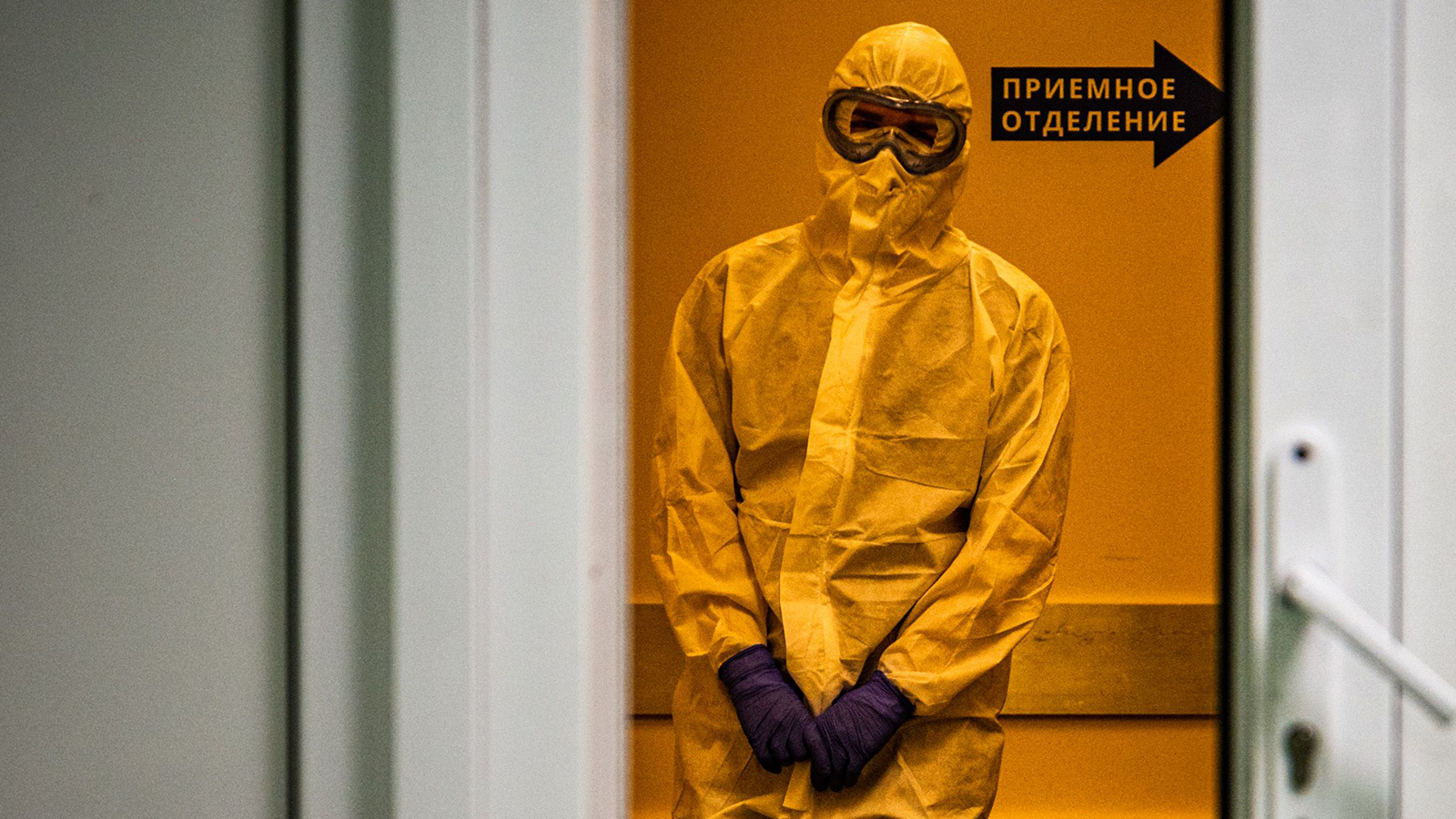How long does convalescent plasma immunity last?
(CNN Spanish) - A new study by a group of scientists from King's College London, the Guy's and St. Thomas' NHS Foundation Trust and the University of Kent, sought to solve one of the questions most frequently asked by our audience and the general public: is it possible to be reinfected with covid-19? According to the pre-publication, the immunity by antibodies (the one generated once you go through the disease) decreases dramatically three months after the infection.
You can listen to this episode on Apple Podcasts, Spotify, or your favorite podcast platform, or read the transcript below.
Hello, I am Dr. Elmer Huerta and this is your daily dose of information about the new coronavirus, information that we hope will be useful to take care of your health and that of your family.
Today we will look at a British study showing that it is possible that immunity against covid-19 may decline after three months.
One of the biggest - and most important - mysteries of the present pandemic is the one related to the duration of immunity caused by the new coronavirus.
In other words, answering one of the most frequent questions we receive from you on our Twitter account: Is it possible for a person to become infected again after suffering from covid-19?
READ: Coronavirus symptoms: 10 key indicators and what to do
Until now, that question did not have an answer based on scientific evidence, and we always answered that it was not yet known.
Now, however, a group of British researchers reports in a prepublication, not yet peer-reviewed, that what is known in English as humoral - or antibody - immunity decreases dramatically three months after infection.
In the first study of its kind, 96 volunteers were followed for three months (that's called the longitudinal study in medicine), the researchers found that more than 95% produced neutralizing antibodies against the virus after the eighth day of infection.
The volunteers, mostly men with a mean age of 55 years, included 59 hospitalized patients and 37 healthcare workers and infected patients, of all severity ranges, from asymptomatic to those admitted to intensive care units.
LOOK: The silent transmitters of covid-19 #EncuentroDigitalCNN
Blood tests revealed that the peak of the response to infection was achieved on day 23 after the onset of symptoms, with 60% of those responding having a potent antibody response.
The problem was that only 17% of those who had that potent response to infection maintained the level of protective antibodies three months later. In general, antibody levels decreased up to 23 times during the study period, and in some cases, antibody levels became undetectable.
According to the authors, these data would indicate that -as with cold-causing coronaviruses- defense against this new coronavirus could be fleeting.
This fact would have profound implications in the fight against this infection. In the first place, a person could, and we want to repeat the conditional - could - suffer the disease more than once.
Secondly, if the natural disease is not capable of granting permanent immunity, neither would the vaccine that is developed, so perhaps we would have to be vaccinated every year.
🔊 LISTEN: Where are the human tests of the Oxford University vaccine being conducted?
And thirdly, in the absence of permanent immunity, with covid-19 it would not be possible to achieve group or herd immunity.
For some experts, however, this apparent bad news leaves pending the role of the other type of immunity that humans have: cellular immunity, in which lymphocytes or specialized defense cells, are able to memorize the characteristics of the attacking viruses and can respond much faster in case of a new infection.
That could indicate that a second infection would not be as intense as the first.
In summary, although it is true that this first study seems to indicate that the first type of immunity (that of antibodies) decreases over time, it has not yet explored the second type of immunity, so we must await future research.
Meanwhile, our advice is to avoid infections at all costs, for that, wearing a mask in public, keeping a distance of two meters with other people and proper hygiene of hands and environments, are the rules that we must maintain until we have new research.
Send me your questions on Twitter, we will try to answer them in our next episodes. You can find me at @DrHuerta.
If you think this podcast is useful, please help others find it by rating and reviewing it in your favorite podcast app. We'll be back tomorrow so be sure to subscribe to get the latest episode on your account.
And for the most up-to-date information, you can always go to CNNEspanol.com. Thanks for your attention.
If you have any questions, you can send them to Dr. Elmer Huerta through Twitter. You can also go to CNNE.com/coronaviruspodcast for all the episodes of our podcast “Coronavirus: Reality vs. fiction".
coronaviruscovid-19 United Kingdom






